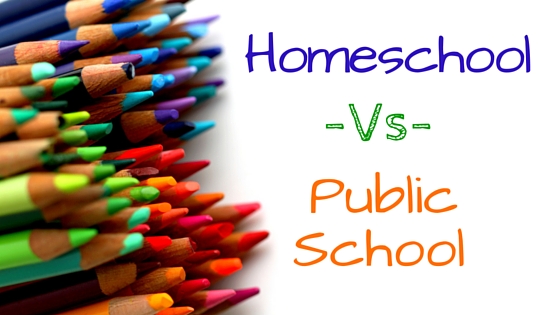Parents today face an important dilemma in shaping their child’s educational & personal journey: homeschooling vs. public school. In today’s technology-driven world, education has become a lot more fluid than before (Courtesy: Covid), and we’re sure you keep wondering if being homeschooled is better for your kids.
Math & ELA | PreK To Grade 5
Kids see fun.
You see real learning outcomes.
Watch your kids fall in love with math & reading through our scientifically designed curriculum.
Parents, try for free Teachers, use for free
Whether you are a parent trying to figure out the best choices for your child or just someone who keeps a genuine curiosity about the ever-evolving educational system, this blog will help you know about the debate of homeschooling vs. public school!
Looking for innovative ways to supplement your child’s education journey? Discover interactive learning with SplashLearn.
What is Homeschool?
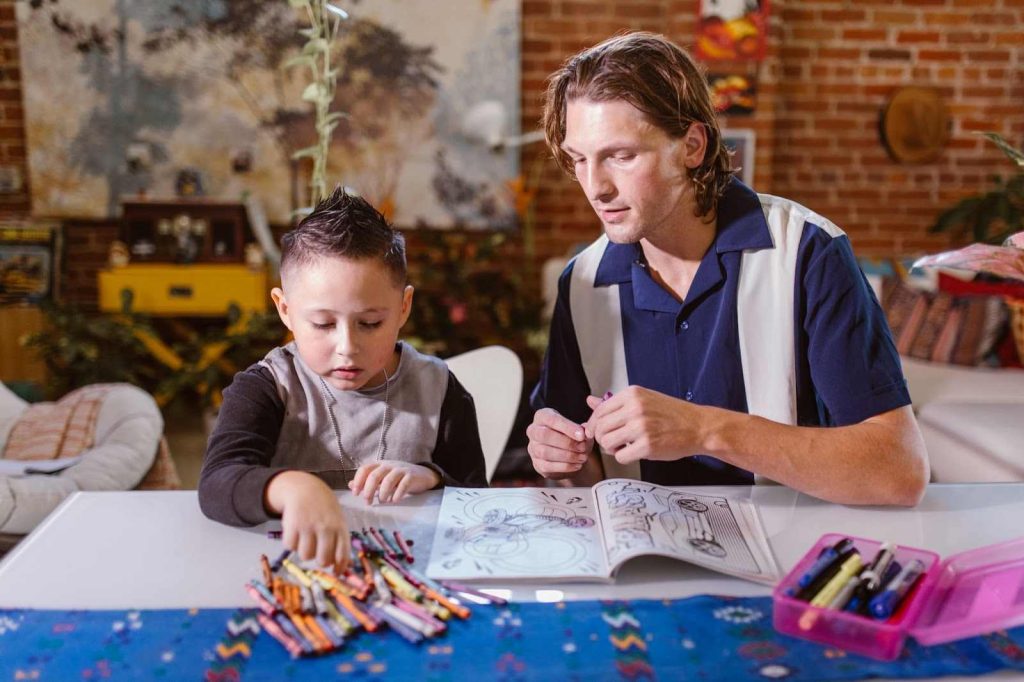
“Education’s purpose is to replace an empty mind with an open one.” —Malcolm Forbes
There were about 3.1 million homeschooled students in 2021-2022 in grades K-12 in the United States, and 78% of peer-reviewed studies on academic achievement show homeschooled students perform statistically significantly better than those in institutional schools.
Simply put, homeschooling is educating a child at home. It is an education method that is parent-led & is legal in many parts of the world, like the UK & US. While it’s true that most public schools put a lot of pressure on kids to succeed academically and outperform their peers, there are many factors to consider while choosing & sticking with one form of education.
Related Reading: Best Homeschooling Websites for Kids
It’s time to get the Yellow Legal Pad Out. We’re onto the pros and cons of Homeschooling!
5 Pros of Homeschooling
- Easier to teach & learn with Customization: Teaching at home allows parents to adapt their teaching method according to their kids’ learning styles, thus paving the way for enhanced & effective learning. When you know what a child responds to best, be it including more visual or audio cues in teaching or just some fun activities, you will be better able to engage them in their educational voyage.
- Flexibility in Schedule: Who likes to wake up at 8 a.m. for school? Well, nobody! With homeschooling, you can easily create flexible teaching schedules and account for vacation days, special needs of your child, and extracurricular activities to foster holistic development, and the point here in the debate of homeschooling vs. public school definitely goes to homeschool!
- Saves Time & Cost: Without accounting for other kids’ time to catch up on difficult subjects, you can save a lot of time with homeschooling. While you save time on easy concepts, you can include extra time for the difficult ones and make room for interactive teaching methods like a question-and-answer round. You can also purchase learning materials at a one-time cost and eventually reduce the overall education cost.
- Stronger Love & Bond: If you’ve always wanted to make more time for your family, Homeschooling might be your saving grace. The more time you spend with kids, the more bonding you develop with them over time. The flexibility that homeschooling allows can also make for more bonding time with both parents and, in turn, turn every lesson into a family hour.
- Socialize your kids your way: In the US, about 20% of students ages 12-18 experience some sort of bullying. With homeschooling, kids experience much less ridicule and social pressure, which doesn’t discourage learning. They also don’t get bullied and develop better life skills.
Customize your child’s learning experience with SplashLearn’s adaptive programs.
5 Cons of Homeschooling
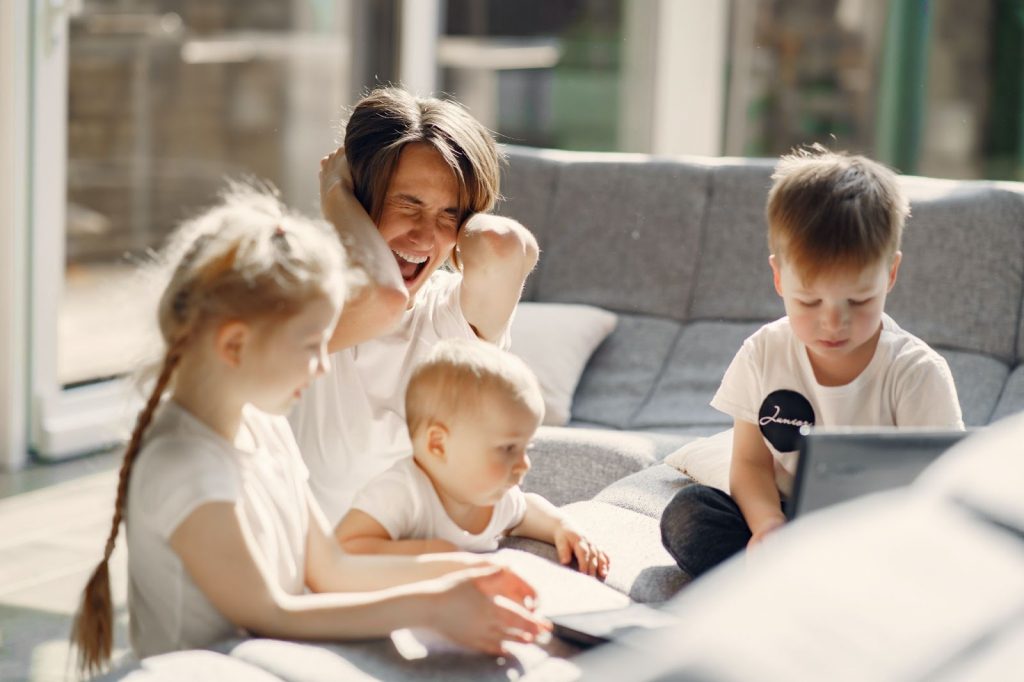
- The sky is limited: Homeschooling, in many ways, limits opportunities for children. As a child grow, the different kinds of things they might want to pursue also widen. Homeschooling gives fewer options in terms of electives when compared to a large public or private school. This also holds for social opportunities. Participating in assemblies or annual functions gives a total boost of confidence to kids, and the same level of interaction is not possible with homeschooling.
- Too much togetherness is not ideal: When you’re deciding on choosing between homeschooling or public school, it’s imperative to remember that there is such a thing as being together too much. Kids take time to adjust their view of parents as their teachers too (and the discipline aspects that come with it), and spending all day with them might develop feelings of frustration.
To avoid such scenarios, try a co-op homeschooling program for 1-2 days a week to help your kids socialize with other people than the family.
- The wearer of too many hats: When you homeschool your child, you will have to take care of the teaching and administrative duties, and on top of that, you’ll always be a parent. You will have less time each day for yourself and are likely to experience more stressful feelings.
- Stricken spending habits: As you homeschool, you must work less, reducing family income. Consequently, you will have to tighten your family’s spending habits to avoid exceeding the budget every month.
- Small friend circle: Homeschooled kids often have a smaller circle of friends & are not able to interact much with a larger group of kids.
As Abigail Adams rightly said, “Learning is not attained by chance, it must be sought for with ardor and attended to with diligence.” While evaluating the best learning option for your kids, due diligence must be conducted and sought after. Time to look at the other side of the fence i.e., Public Schooling!
Related Reading: Pros and Cons of Homeschooling a Child
What is a Public School?
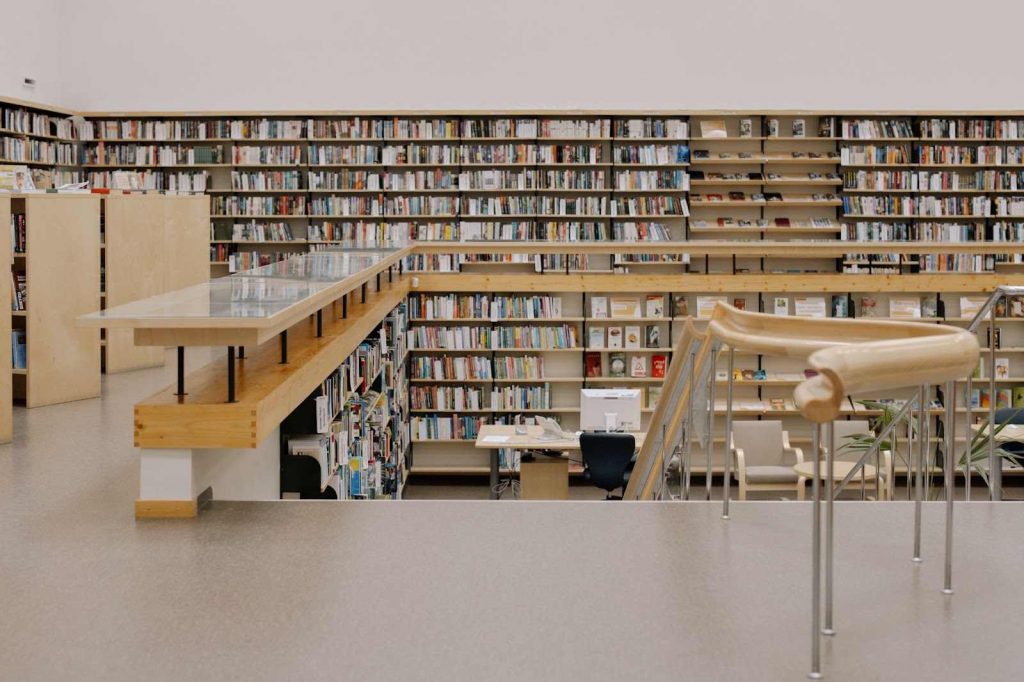
“Education is the most powerful weapon which you can use to change the world.” —Nelson Mandela
In the United States, Public Schools refer to government-funded institutions that offer free education to children from kindergarten through the 12th grade. They follow the state’s curriculum guidelines and standards and are accessible to all children regardless of socioeconomic status.
In fall 2021, about 49.4 million students were enrolled in public elementary and secondary schools, and In school year 2021–22, there were 3.2 million full-time equivalent (FTE) teachers in public schools. With such wide popularity, public schools are often the easy route for parents to foster an inclusive and diverse development of their children. Let’s look at the pros and cons of public schools.
Complement your child’s public school education with SplashLearn’s engaging math and reading programs.
5 Pros of Public Schools
- Free Education: The most attractive USP in the comparison of homeschooling vs public schooling is that public schools provide free education & learning opportunities to all kids. Parents enroll their children in Public schools to avoid heavy financial burdens and save that money for their kids’ college education. Most public schools also offer free transportation.
- Providing base & structure: Public schools offer kids a built-in structure for them to thrive. Most kids shine in environments that offer them a sense of routine, security & predictability. When kids know what to expect each day, they feel secure, which boosts their emotional & psychological development.
- Academic Excellence: A structured learning environment helps students focus on their studies. They learn to manage their workload effectively, complete their assignments on time, make room for study time at home, and gallivant towards achieving academic excellence.
- Hub for social development: Public schools facilitate positive social interaction and development, and routines like lunchtime and evening breaks help students create long-lasting friendships.
- Certified Teachers: To become a teacher at public schools, teachers go through a rigorous process that ensures that they are competent in their subject matter expertise. After they complete the process, they become licensed professionals to teach children.
5 Cons of Public Schools
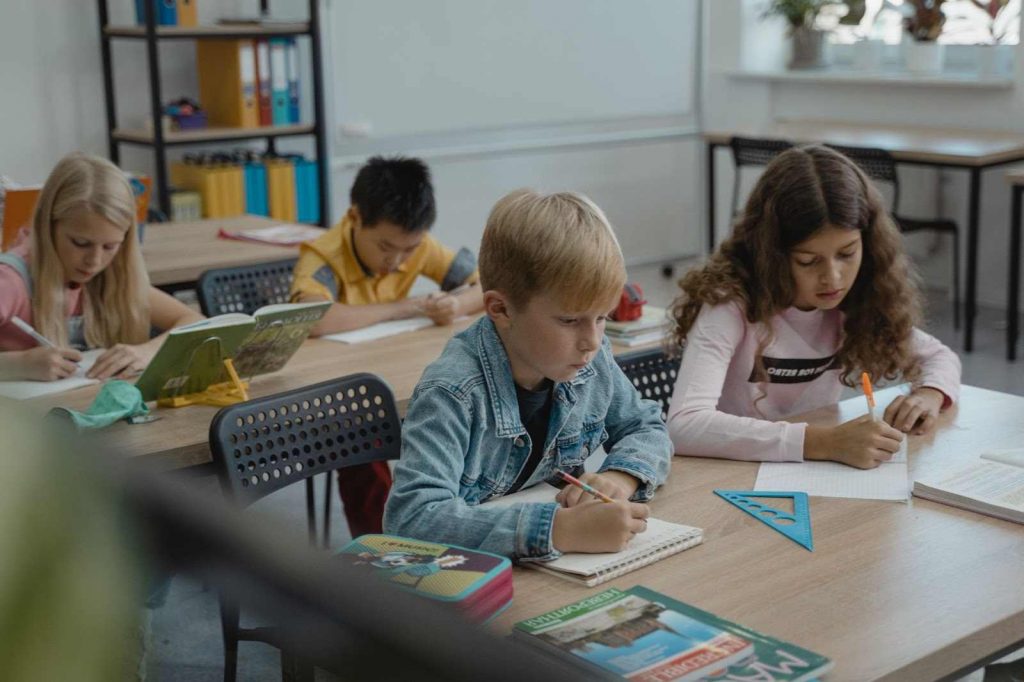
- Less Resources, More Students: Public schools’ funding capabilities get impacted from time to time, which directly affects the resources that students need. Private schools, or homeschooling, for that matter, don’t face this issue as the kids’ relevant needs & resources are managed by parents in tuition or their earned money.
- Big classes, Fewer Curriculum Options: The more students there are in a class, the less time a teacher can give to one-on-one learning or interaction. Public school class sizes are a lot bigger when compared to private schools and one-on-one teaching in homeschools.
Public schools are also required to stick to government-mandated curricula & parents who may want a more focused or customized curriculum for their kids find public schools devoid in this regard.
- Less Parental Involvement: Public schools involve parents in a very limited capacity in their child’s education. This directly correlates to the support & encouragement kids feel in their day-to-day lives.
- Less specialized for the special child: Parents often prefer to homeschool their child or send them to a private school if they are gifted or demonstrate special abilities to meet their educational needs and not restrict them in any way. Solutions that focus on the tailored interests of kids keep them motivated and help them thrive in a competitive world.
- Stress of Tests: Students who attend public schools are required to take ongoing standardized tests throughout their K-12 education. This helps governments to assess school performance and make sure that the school is delivering the curriculum appropriately. These tests are often stressful for students and put much pressure on them to perform up to their grade level and bring extreme anxiety to kids in preparing for them, along with the aftermath of self-doubt if they don’t perform well.
Enhance your child’s public school learning with SplashLearn’s educational games.
Seeing Homeschool vs Public School with a 360-degree Lens
| Criteria | Homeschool | Public School |
|---|---|---|
| Educational Approach | Customized teaching approach tailored to child’s style & pace | Structured Curriculum mandated by state standards |
| Flexibility | High degree of flexibility in terms of schedule & accommodating individual needs | Low degree of flexibility with a fixed schedule and academic calendar |
| Social Interaction | Fewer opportunities for social interaction | More opportunities for social interaction |
| Teacher Qualifications | Quality of instruction varies as parents or teachers may not be certified | Certified & licensed teachers with subject matter expertise |
| Curriculum Choice | Customizable curricula | State mandated curriculum |
| Learning Environment | Home-based customized learning setting | Structured classroom setting |
| Cost | Parents to bear the cost of resources, education materials, and sometimes extra tutors | Tuition-free education |
Extracurricular Activities | Proactive efforts are required from parents to join community activities | Offers many extracurricular activities |
| Academic Performance | Higher achievement as smaller class sizes | Low academic excellence in public schools |
| Individual Attention | One-on-one instruction | Limited individual attention |
| Special Needs Education | Specialized support and resources needed for kids with disabilities | Equipped to provide resources to students with disabilities |
| Social and Peer Pressure | Controlled social environment that reduces negative peer pressure | Behaviors and attitudes are influenced by increased social pressure |
Related Reading: How to Homeschool: 15 Strategies for Parents & Kids
Choosing the Best for Your Little One: Homeschool or Public School
Now that you’ve reached the end of this blog, we’re sure you are still confused about which route is the best for your kids. Both choices have their challenges and advantages:
- Homeschooling helps give undivided attention and care to your child but lacks the structure & routine that a public school can provide
- Public schools have the subject matter expertise that kids need to master a subject, but can’t be customized and tailor-made according to their preferences
- Homeschool kids might miss out on the varied extracurricular activities that public school provides but might have better self and emotional development
In the end, every method of schooling is different, presents its challenges, and lacks a one-size-fits-all answer. The right choice would suit your family’s circumstances, educational approach, and the needs of your child. Engaging in dialogue is also crucial to understanding what your child prefers. Speak to educators and other families who have adapted to different approaches and, after all, make a well-informed decision!
Ready to make an informed decision about your child’s education? Experience the SplashLearn difference.
Frequently Asked Questions (FAQs)
Why is homeschool better than public school?
Homeschooling allows for a personalized education tailored to a child’s specific learning style and pace, and it often results in a closer family bond due to more one-on-one time.
What are the social implications of homeschooling compared to public schools?
Homeschooling can offer a safer, more controlled social environment, but it requires extra effort from parents to ensure adequate peer interaction, unlike public schools which naturally provide diverse social opportunities.
How does the cost of homeschooling compare to public schooling?
While public schools are tuition-free, homeschooling can incur costs for materials and resources, but it may save on other expenses like transportation and school uniforms.
What are the typical academic homeschooling outcomes versus public schools?
Homeschooled students often achieve higher academic performance due to personalized instruction and pacing, though outcomes can vary widely depending on the quality of homeschooling and the individual student.

















